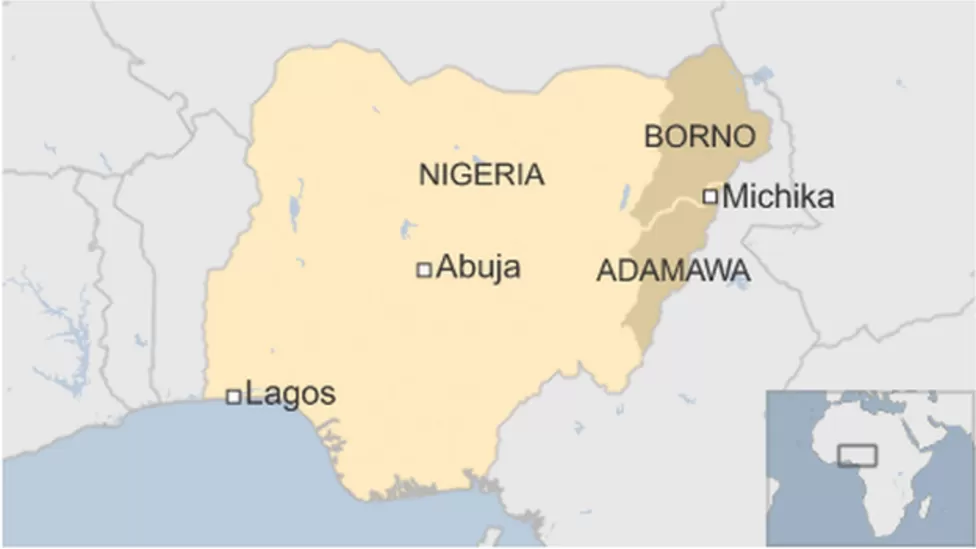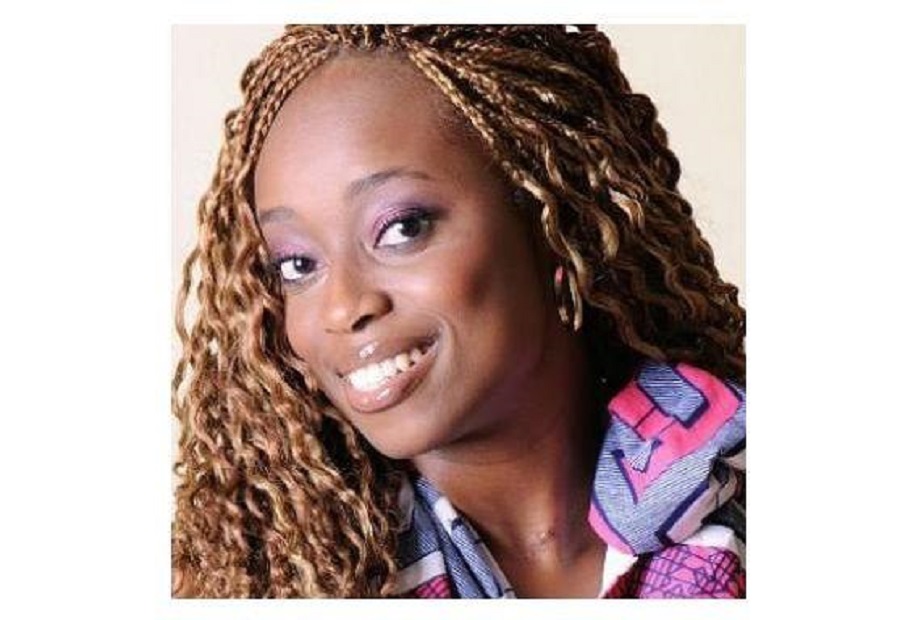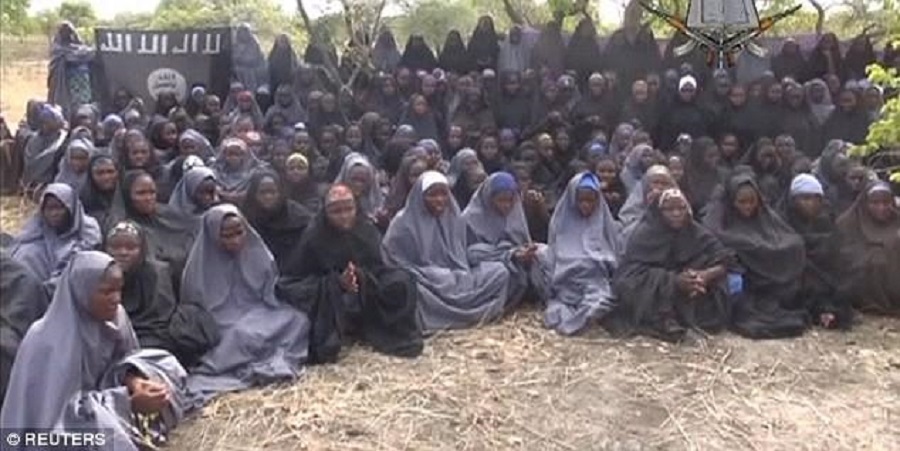BBC News is carrying a series of letters from African journalists and recently carried a piece by novelist and writer Adaobi Tricia Nwaubani on Boko Haram's Islamist insurgency. Nwaubani, an AFLI Leadership for Change Fellow, travelled to the Nigerian town of Michika and found it split on grounds of ethnic and religious lines. She said the Christian and Muslim children exchange insults in the streets and in public transport, calling one another names and making hateful or snide remarks.
In her article, she examines how, should the Nigerian government win the conflict with Boko Haram, long after the last militant has been killed, the legacy of the terror tactics will remain. It will be seen and felt not only in the bodies maimed or the properties seized or the children borne from rape. Boko Haram's legacy beyond these more visible effects of conflict is communities grappling with internecine hatred and suspicion. Nwaubani went to Michika on a mission organised by the Adamawa Peace Initiative. 'Boko Haram' means 'Western education is forbidden' in the Hausa language.
 The initiative is an interfaith attempt to reduce violence and build peace through a collaboration of local religious, community and business leaders. The town is one of the largest in the North Eastern part of the country and borders the heartland of the Boko Haram insurgency, which is based in Borno state.
The initiative is an interfaith attempt to reduce violence and build peace through a collaboration of local religious, community and business leaders. The town is one of the largest in the North Eastern part of the country and borders the heartland of the Boko Haram insurgency, which is based in Borno state.
Read more in her article at the BBC of what she found in Michika, which has a mixed Christian and Muslim population, and the steps the town is taking towards reconstruction and reconciliation.


Report